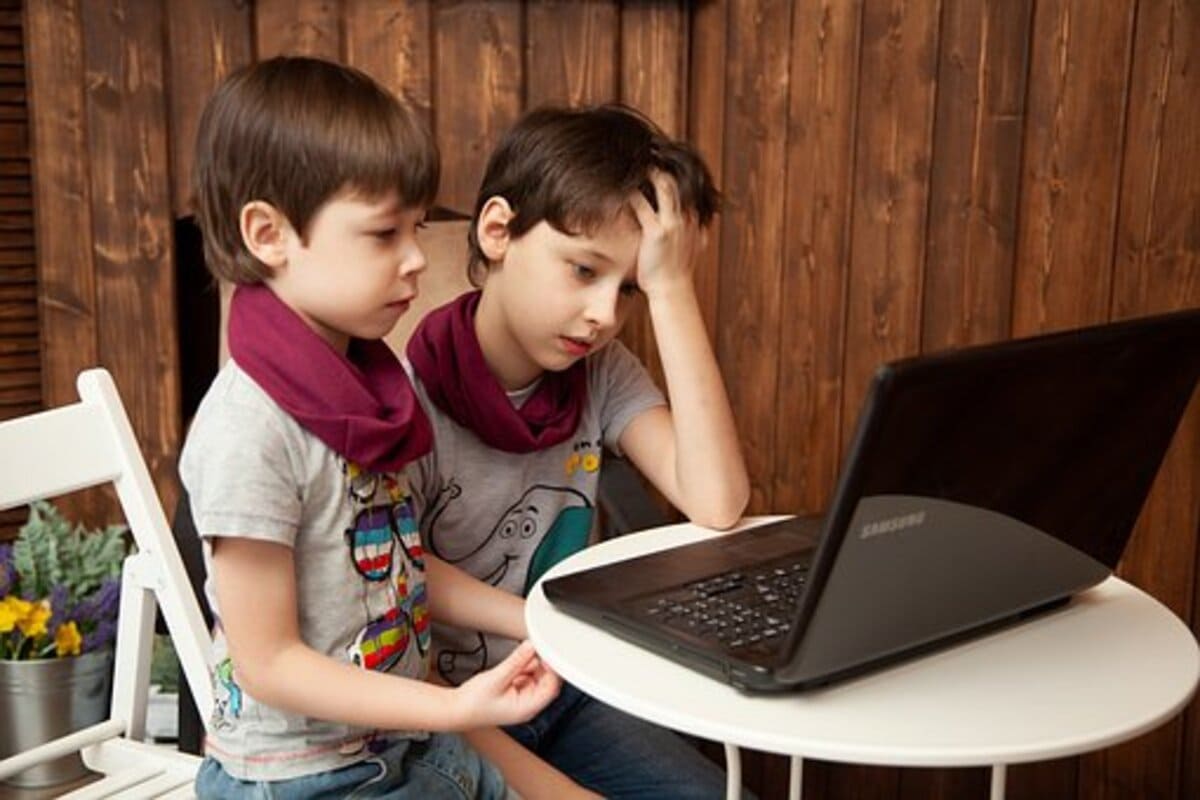The internet has revolutionized our lives, providing endless opportunities for learning, entertainment, and communication. However, with these opportunities come potential risks, especially for children who are more vulnerable to online threats. As responsible caregivers, it is crucial to monitor kids’ online activities to ensure their safety and protect their overall well-being. In this article, we will explore the reasons why monitoring kids on the internet is essential, providing evidence-based insights to support this approach.
Protecting Against Cyberbullying:
Cyberbullying has become a pervasive issue in the digital age, causing significant emotional distress and long-lasting psychological effects on children. By monitoring their online interactions, parents can identify signs of cyberbullying early on and take appropriate measures to support their children. According to a study by Hinduja and Patchin (2018), parental monitoring is associated with a lower likelihood of children experiencing cyberbullying.
Preventing Exposure to Inappropriate Content:
The internet contains a vast array of content, not all of which is suitable for young minds. Explicit material, violent content, and hate speech can have detrimental effects on children’s mental and emotional development. By implementing monitoring measures, parents can proactively prevent their children from accessing inappropriate content. A study by Li, Markson, and Coyne (2017) highlights the importance of parental monitoring in reducing children’s exposure to harmful online content.
Mitigating Online Predators’ Threats:
Online predators target children, exploiting their vulnerability and innocence. Monitoring kids’ online activities enables parents to detect any suspicious behavior or interactions that could indicate the presence of an online predator. By promptly intervening and reporting such incidents, parents can protect their children from potential harm. A research study conducted by Mitchell, Finkelhor, and Wolak (2009) emphasizes the role of parental monitoring in reducing the risk of online victimization.
Promoting Responsible Digital Citizenship:
Teaching children about responsible internet usage is crucial in today’s connected world. By monitoring their online behavior, parents can guide children towards becoming responsible digital citizens. By setting appropriate boundaries and discussing online etiquette, parents can help children understand the potential consequences of their actions online. A study by Livingstone and Helsper (2008) highlights the positive impact of parental mediation on children’s online experiences.
Monitoring Mental Health Indicators:
The internet can sometimes be a platform for children to express their emotions, thoughts, and challenges. By monitoring kids’ online activities, parents can gain insights into their mental well-being. Changes in behavior, frequent expressions of sadness or distress, or engagement with concerning content may indicate potential mental health issues. Timely intervention and support can be provided by recognizing these indicators. A study by Moreno et al. (2011) demonstrates the potential of monitoring online activities to detect signs of mental health problems in adolescents.
The digital landscape offers numerous advantages for children, but it also presents risks that need to be managed. Monitoring kids on the internet plays a crucial role in protecting their well-being and ensuring a positive online experience. By preventing cyberbullying, restricting access to inappropriate content, mitigating the threat of online predators, promoting responsible digital citizenship, and monitoring mental health indicators, parents can actively safeguard their children’s online experiences.
References
- Hinduja, S., & Patchin, J. W. (2018). Cyberbullying: Identification, Prevention, and Response. Routledge.
- Li, X., Markson, L., & Coyne, I. (2017). Effects of Internet Parental Monitoring on Adolescent Mental Health: A Systematic Review and Meta-analysis. Journal of Medical Internet Research, 19(8), e266.
- Mitchell, K. J., Finkelhor, D., & Wolak, J. (2009). Protecting youth online: Family use of filtering and blocking software. Child Abuse & Neglect, 33(12), 883-893.
- Livingstone, S., & Helsper, E. (2008). Parental mediation of children’s internet use. Journal of Broadcasting & Electronic Media, 52(4), 581-599.
- Moreno, M. A., Christakis, D. A., Egan, K. G., Brockman, L. N., & Becker, T. (2011). Associations between displayed alcohol references on Facebook and problem drinking among college students. Archives of Pediatrics & Adolescent Medicine, 165(5), 453-458.











